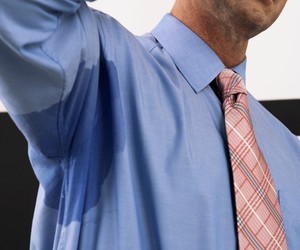It’s not just your clothes that need regular cleaning – your washing machine too will work better and keep your clothes fresher if it’s cleaned at least once a year. The dirt and grime that comes off your clothes can build up in the machine and eventually affect its performance, so here’s some advice (c.f. our friends at Lifehacker) on how to keep it clean and hygienic.
First, clean the removable parts of the machine (like the fabric softener and bleach dispensers) before replacing them. Clean around the rim of the tub and other hard-to-reach places with a toothbrush.
Dissolve 4 tablespoons of baking soda in a litre of warm water. Soak a clean cloth or sponge with the solution and wipe down the inside of the washing machine drum.
Next, pour 250ml of white vinegar into the detergent tray and run the machine on the longest, hottest cycle available (the vinegar will help to disinfect the washing machine). If possible, pause the cycle with the drum full and leave to sit for an hour (you can use this time to clean the outside of the washing machine).
After an hour, allow the wash cycle to complete. Once the water has drained, wipe the inside surfaces of the tub again using a solution made of 50% white vinegar, 50% hot water. This will help to further loosen any residue left. Then run a rinse cycle and stand back and admire your beautifully refreshed washing machine!

